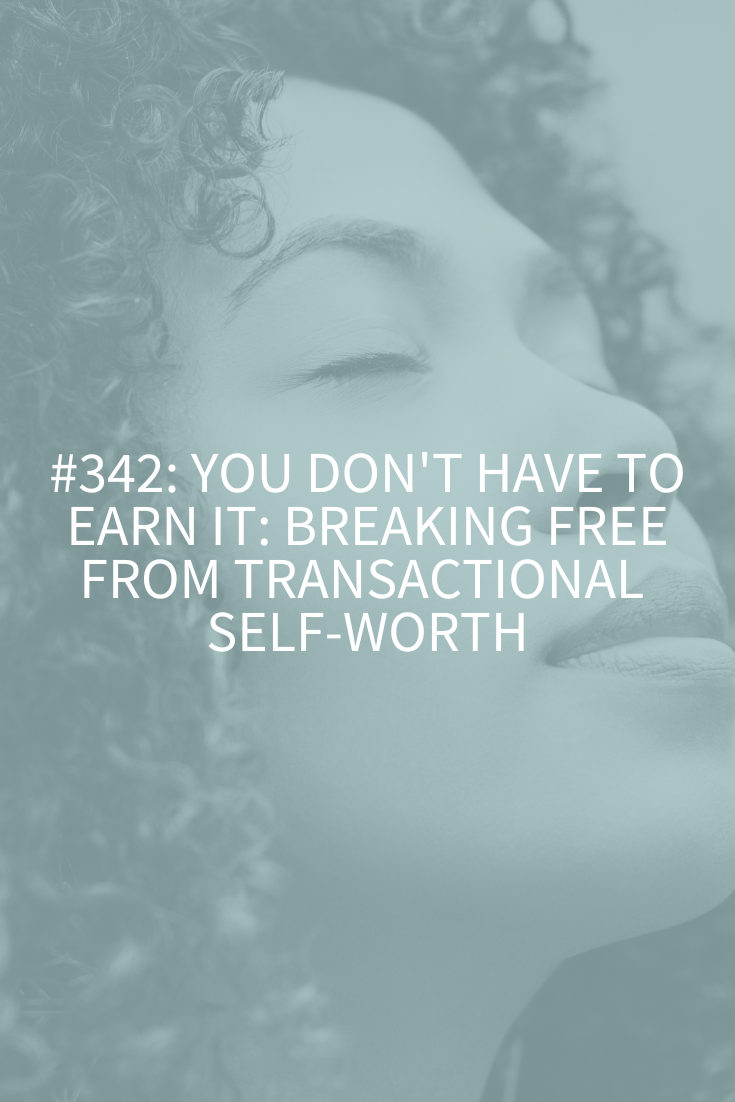
Does it seem like your partner isn’t listening to you? Do you feel like you say the same thing over and over to them and nothing registers?
There’s one main reason why your partner isn’t listening. I’m going to explain what it is, how to recognize the signs and then what to do about it!
I’ve talked a lot about competition and how keeping score in your relationship sets you up to lose, keeps you from listening and stops connection.
Well, there’s something related to keeping score that’s also important to understand if you’re looking for connection and understanding with your partner (or anyone else for that matter). And that’s the power struggle that’s taking place between you and your partner and how it’s undermining everything from your communication to your sex life.
Your partner’s not listening to you because the two of you are locked in a power struggle. Most of this is unconscious but it causes a mental shut down and dismissal of whatever you’re saying because it challenges the power dynamic. You see, your partner’s doing what they’re doing because they’re trying to establish control.
Power struggles happen when both people in a couple look for control, and herein lies the key. If anyone’s looking for control, it means they don’t feel like they have any. It means they feel powerless somewhere in the relationship or in their life, so they’re focusing on a particular area in order to feel safe and in control.
When you have someone who doesn’t feel secure and safe in their world, you end up with undermining, negative behaviors and unhealthy coping skills as people try to reassert a feeling of power and dominance. Ultimately, it’s a fear-based behavior and, as I’ve said before, you can’t have a love relationship based on fear.
Former British Prime Minister Margaret Thatcher famously said, “Being powerful is like being a lady. If you have to tell people you are, you aren’t.”
When people act controlling, aggressive, or demanding, they’re screaming that they feel powerless and out of control in their world. The more domineering they behave, the more they’re letting us know.
Now, you might be saying, “I’m not the one trying to control my partner, they’re the ones with a control issue – the power struggle is all about them!” Well, it takes two to tango and two to have a struggle. If you’re pushing back against their domineering behavior or frustrated or upset about it, then you’re in the struggle too.
By the way, there are plenty of things you can do if your partner is controlling, but that’s not our focus for today. What’s underneath the surface of any controlling behavior is this power struggle. You want to be able to identify and address it because…
When you’re in any kind of power struggle all the best communication tools in the world won’t work because no one’s really listening! You need to get out of the power struggle FIRST!
So, let’s go a little deeper into what to really look for to know you’re in a power struggle and then I’ll tell you what to do about it.
There are two main areas to identify to know you’re in a power struggle.
Power Struggle Symptom #1: Resistance
Resistance is a key sign that you’re in a power struggle and it’s often a big one that’s missed or misunderstood. How do you know if your partner is being resistant? There are four general categories of resistant behavior with clear signs (once you know what to look for):
- Arguing (challenging, discounting, hostility)
- Interrupting (talking over, cutting off, other person jumping into the conversation in a defensive manner)
- Denying (blaming, disagreeing, excusing, minimizing, pessimism, reluctance, unwillingness to change)
- Ignorance (inattention, non-answer, no response, sidetracking)
If you see ANY of these behaviors, the conversation is going nowhere fast. Your partner (or kid, boss or whoever you’re speaking with) is telling you that they’re feeling powerless and unsafe. They’re actively in a power struggle with you and you’re going to need to shift the energy. The first thing to do is to notice that it’s happening (there’s that pesky self-awareness I keep talking about again). The second thing to do is… something else (which we’ll talk about in a minute).
Power Struggle Symptom #2: B.R.E.D.
A power struggle also shows up when you’re seeing any of the four behaviors I’m about to teach you. I use the acronym B.R.E.D. to remember them. If your partner (or whoever you’re speaking with) is showing any of these behaviors, it’s time to stop the conversation and reboot! It means you’re actively in a power struggle and you’re not going to communicate or connect.
Blame: If the other person is blaming you or anything/anyone for their lot in life or what’s happening to or around them, then you’re not going to get anywhere. If they act like a victim at all and adopt a helpless or hopeless attitude as they blame something external for their life, then you’re only going to get into a power struggle with them as you try to convince them that they’re wrong.
Reading Minds: If the other person expects you to read their mind (“If he loved me, he’d know what I want for my birthday”) or if they think they can read your mind (“I know what you’re going to say, so I’m not even going to try”) then you’re about to be stuck in a power struggle. Again, you’ll try to convince them of something different, they’ll hold to their guns, and you’ll be stuck.
Expectations: Here’s the stark truth: No one owes you anything – not your partner, not your parents and not your friends. Thinking that there’s something that “should” come your way is an issue. If your partner thinks anything should come their way, that’s an issue. Feeling you’re owed sets the other person up for failure because you’re focusing on what they “should” do instead of what they are doing. In the end, it focuses on them, instead of you and you end up with no power while you wait on their actions.
Defensiveness: If the other person is acting defensively to what you’re saying they’re not listening. I always compare this to trying to reason with someone who’s drunk. They just can’t do what you’re asking of them. They can’t be rational and there’s no communication that’s going to happen. It’s time to step away (far away likely) and reassess because the power struggle is alive and well if you see defensiveness.
So, what do you do if you want to stop the power struggle? Here are my top five answers to getting unstuck and being happier:
1. Take Responsibility:If you do nothing else, do this. It all starts with you. You’ve got to take responsibility for your life. No more making excuses, no more saying you “can’t,” no more looking to other people to solve your problems in any way.
2. Take Action:Take a step back from your life and think of one thing you could do about what’s going on. No matter how small, taking some action will move you from hopelessness and blame to self-empowerment and hope.
3. Ask Questions:Asking open-ended questions (instead of making suggestions, offering advice or criticizing) creates openness and dialogue. It’s solution-focused and helps you be curious instead of focusing on being right. Open-ended questions are questions where the other person can’t answer with “yes, no, good, fine or I don’t know.” Questions like, “What have you tried before?” “What’s one thing I could do right now to help make this better?” “What else would be helpful that you could do?” “How can I support you in this?” All of these types of questions create an opportunity for connection and dialogue.
4. Make people feel loved, not comfortable. Your job isn’t to make anyone comfortable but, it is your job to make sure that you interact from a loving place. Set an intention of compassion, patience, kindness and love when you’re interacting with your partner. If you see any of the power struggle symptoms, come back with love, not fear.
5. Don’t try to fix them. Step back from trying to fix the other person (this is just going to perpetuate the power struggle as you try to control them). Remember what I always say: Don’t SAC your relationship. Don’t offer Suggestions, give Advice or Criticize. Ask questions so others can come to their own good solutions.
With all that’s happening in quarantine, it’s more important than ever to figure out how to connect and thrive with your partner. One thing that’s getting in the way is the inability to forgive your partner for the hurt you feel they’ve caused by not listening to you, maybe dismissing your needs or even feeling unappreciated.
I created my Forgiveness Master Class to cut through these sticky issues so you can find forgiveness for your partner and yourself and move forward with love and connection.






